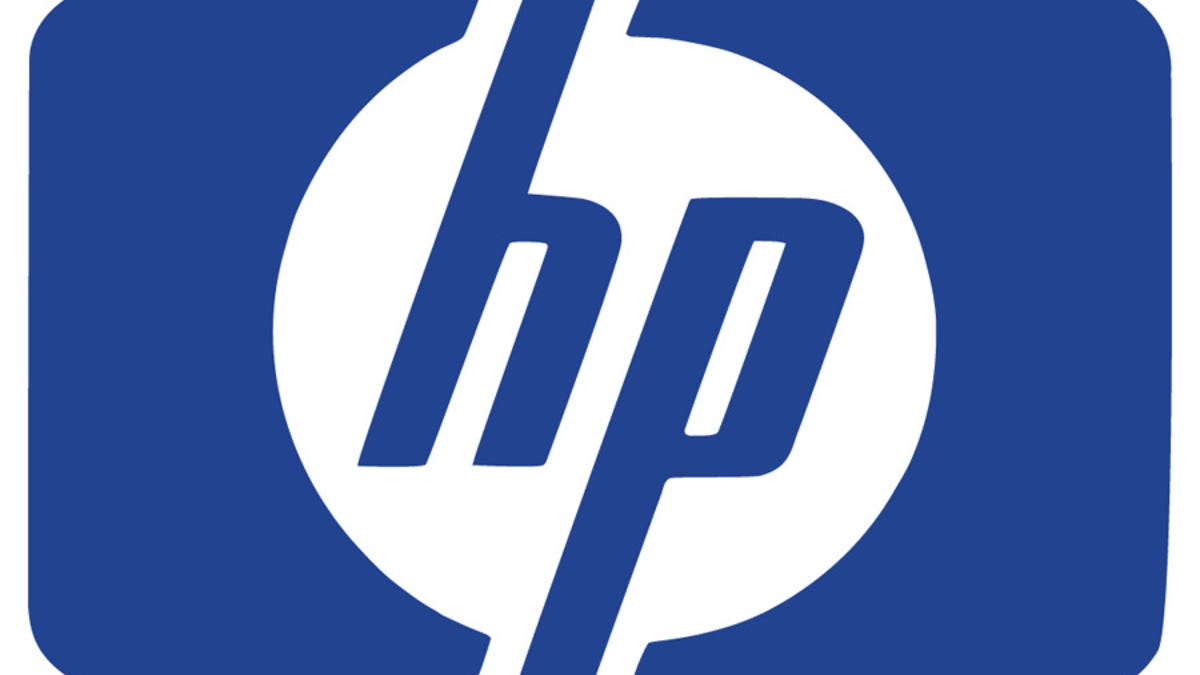What HP's PC spin-off plans mean for you
What does it mean for consumers now that HP has announced its plan to spin its PC business off into a separate company?

HP dropped a bombshell this afternoon, announcing plans to acquire British software firm Autonomy and saying that its board of directors "has authorized the exploration of strategic alternatives for its Personal Systems Group (PSG). HP will consider a broad range of options that may include, among others, a full or partial separation of PSG from HP through a spin-off or other transaction."
HP has also said that it's discontinuing its new TouchPad and WebOS smartphones, although it still plans to "explore options to optimize the value of WebOS software going forward."
HP's statement makes it clear that new CEO Leo Apotheker intends to change the mission of the company, but it also includes a lot of unknowns, and separating the Personal Systems Group could mean a lot of different things. It could spin the division off to operate as a standalone company, as in the recent split of AOL/Time Warner into a series of independent firms. HP could also sell the systems business to a competitor, as IBM sold its computing division to Lenovo in late 2004.
In the event of a sale, the buyer could run the business as is, shut it down to free up HP's market share for its own, or enact some other strategy. We can only speculate until the deal is completed.
At the very least, we don't expect HP's systems to disappear from store shelves in the immediate future. Once that happens, you might find some good discounts on HP systems if retailers end up stuck with unreturnable inventory (just don't pay for the extended warranty). Current TouchSmart laptop and all-in-one owners, you have likely seen the last addition to the TouchSmart app store.
You can also forget about HP's previously announced plan to make WebOS available to its computers. At least owners and potential buyers of HP's printers should not be alarmed. The Personal Systems Group is different from HP's Imaging and Printing Group, and HP has announced no plans to shed its lucrative printing business.
The fate of HP's systems group will have ramifications for the rest of the PC business, of course. Whether the division is sold or spun off, HP's considerable market share is now vulnerable. Apple might claim some of HP's business at the high end, but HP also competes strongly at the low-margin/high-volume budget price tier. Acer, Asus, Lenovo, and Dell all stand to gain market share from any vacuum in that sub-$1,000 PC segment.
Reduced competition tends to put consumers at a disadvantage, though, and we'll be interested to see how the potential loss of a major competitor affects the overall value of budget PCs. We'd also expect that Microsoft, Intel, AMD, and Nvidia, among others, all hope that HP's market share doesn't just disappear. Also of note: Dell is now poised to become the last, large, American-owned Windows PC vendor.
Expect to see articles in the aftermath of HP's news reverberating with Steve Jobs' prediction of the end of the PC era. Don't believe them. While its clear that the PC industry is changing, and that HP would like a different role in it, too many businesses, schools, gamers, designers, and yes, general consumers still rely on PCs for manufacturers to all of a sudden abandon an entire product category. We'll be tracking the fate of HP's systems group closely as news develops.

